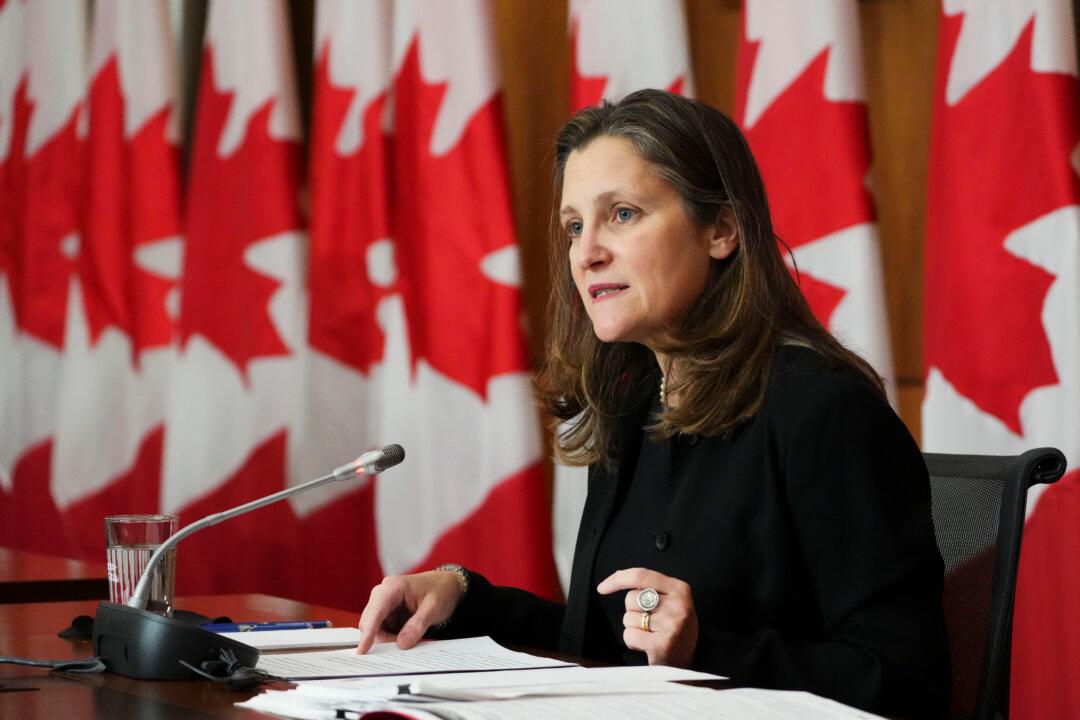News Analysis
Ottawa says it’s prepared to retaliate against Washington’s decision to raise tariffs on softwood lumber, but some say that approach may not be to Canada’s advantage.

Ottawa says it’s prepared to retaliate against Washington’s decision to raise tariffs on softwood lumber, but some say that approach may not be to Canada’s advantage.